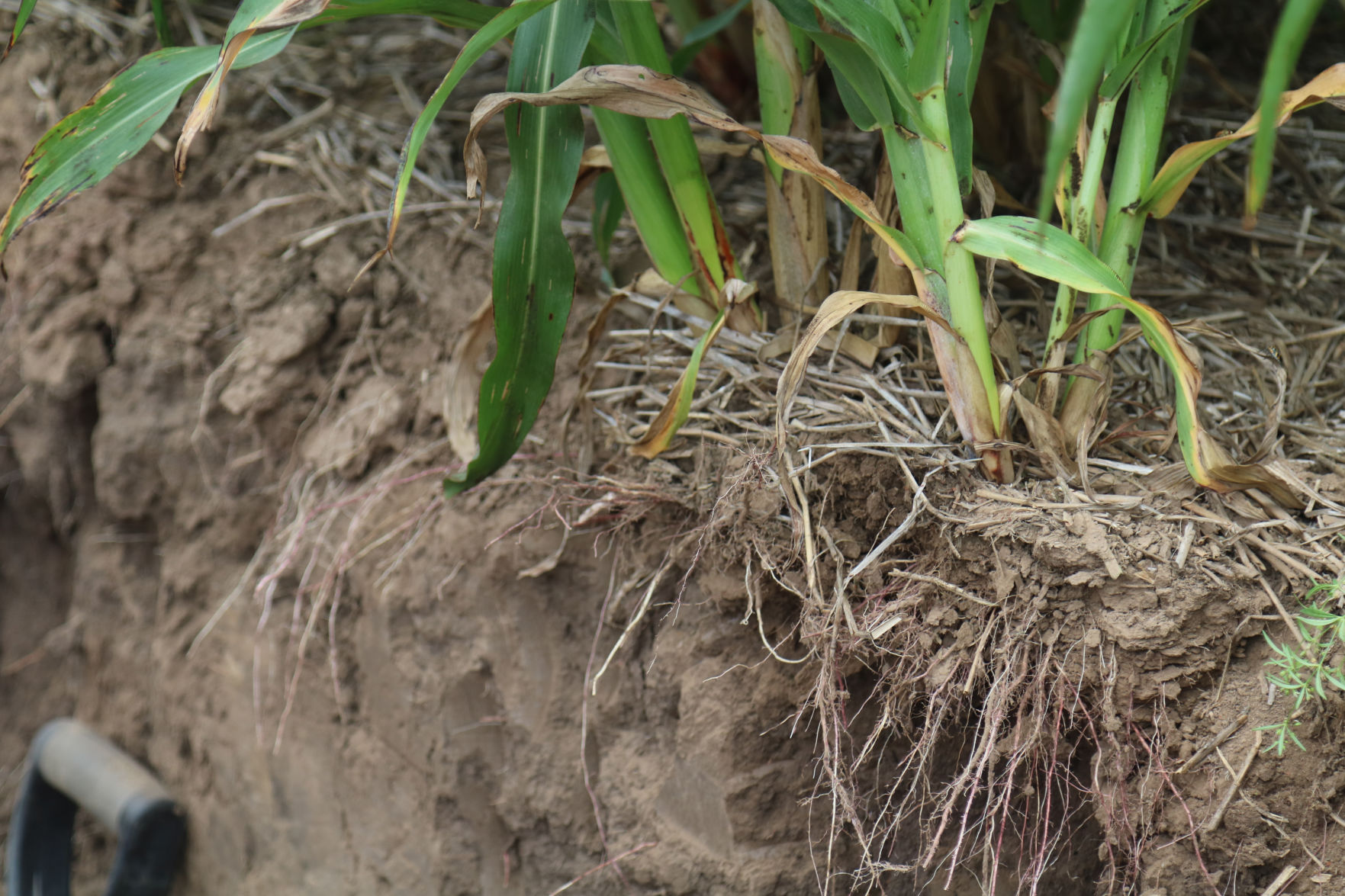The Colorado Department of Agriculture has finalized the grant agreement to significantly invest in Colorado’s STAR program for soil health. CDA’s STAR program was one of the 70 projects selected for funding by the United States Department of Agriculture through the Partnerships for Climate-Smart Commodities Project. This marks an historic investment in Colorado agriculture that will advance farmer- and rancher-led soil and climate solutions.
CDA will receive $25 million to more than double participation in the Saving Tomorrow’s Agricultural Resources program across Colorado, expand research on the benefits of regenerative agriculture across eight Intermountain West states, scale the model nationwide, and continue building markets for producers deploying climate-smart agricultural practices.
This historic investment for Colorado’s farmers, ranchers, and agricultural communities means a significant influx of funds to help producers absorb the financial risks of adopting new cropping and rangeland practices that advance soil health and climate resilience. This program has always been, and will remain, completely voluntary. The funds will expand the STAR Plus program to work with Colorado’s diverse producers, from small farms to large production scale operations. In addition to expanding the capacity to offer financial and technical support to STAR participants, Colorado’s ambitious soil health pilot program will be scaled up nationwide to establish a trusted market signal that will offer producers new and diverse market opportunities that pay them for their stewardship.
STAR was shaped from the ground up by farmers, ranchers, conservation districts, and other partners who helped CDA tailor it to work for different crops, range, and different ways of farming and ranching across the state.
The STAR program was built to serve everyone from the smallest producer to the largest, across all production types. This commitment to soil health has also been a key priority for a number of commodity groups across Colorado.

